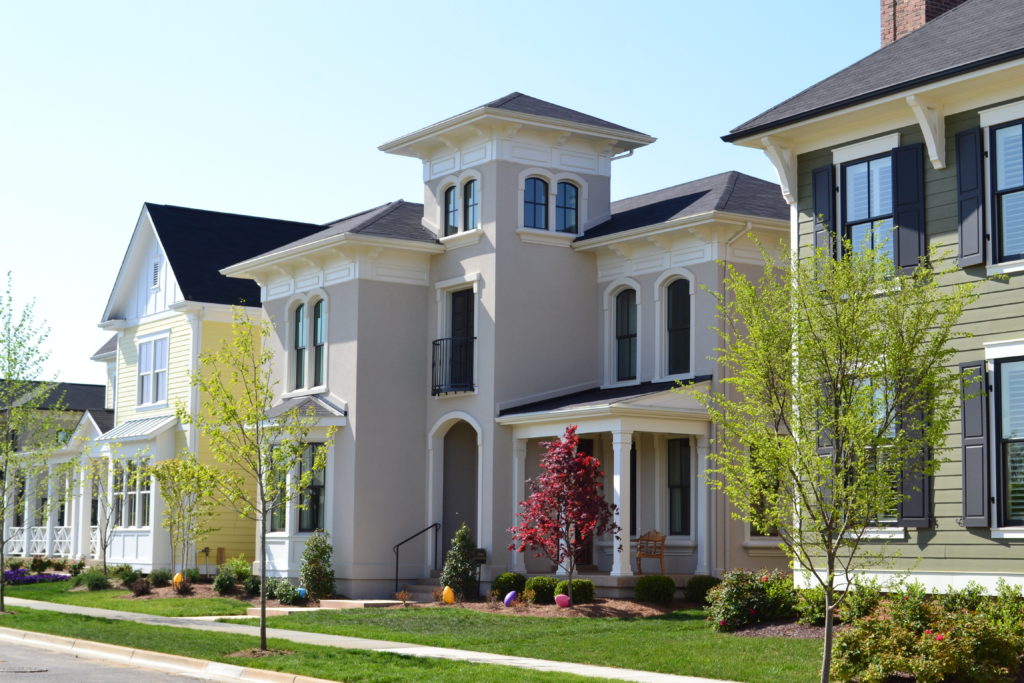What are the options available to an owner of an eight-year-old single-family home which is developing cracks in its exterior stucco shell, across the decorative trim of the façade, and down the home’s colonnade?
The first impulse answer (and a logical one at that) might be to sue the builder. But even with the help of a construction attorney, a single homeowner’s fight against a national builder might quickly turn into a David and Goliath type struggle. Now, the owner notices that a majority of his neighbors’ homes, which include those of members on the homeowners’ Association Board, are suffering from the exact same issues. This might change things a bit for our hypothetical owner.
Section 720.303 of the Florida Statutes allows for the Association to institute, maintain, settle, or appeal actions or hearings in its name on behalf of all members concerning matters of common interest to the members, including, but not limited to, the common areas. But what constitutes a matter of common interest? The question is simpler to answer in the context of a condominium community. For instance, in Charley Toppino & Sons v. Seawatch at Marathon Condo. Ass’n., a condominium Association sued the developer after turnover when it was discovered that cracks were forming throughout the condominium’s buildings. The condominium Association relied on Section 718.111 of the Florida Statutes (which is analogous to 720.303 to a degree). The Court in Charley Toppino held that “Section 718.111’s grant of power to Associations to sue on behalf of unit owners is plainly and broadly worded and [should not be given] a cramped reading.” In other words, at least in the context of condominiums, the authority to sue is not limited to just common elements and enumerated items in the statute, but rather a broad spectrum of matters which affect the community as a whole.
Can the same argument be made for a homeowner’s Association organized under Chapter 720 of the Florida Statutes? The definitive answer to this question remains to be seen, as no District Court of Appeal has issued a decision which would serve as a direct answer. However, the ruling of Charley Toppino is encouraging. Section(s) 720.303 and 718.111 are identical in their language regarding the Association’s ability to sue on behalf of its members for matters of common interest. Hence, our hypothetical owner could arguably seek the involvement of his homeowner’s Association where the construction defects affect a majority of his community. Such defects not only disrupt the Association’s aesthetic qualities and community wide standard but may also have a chilling effect on the Association’s ability to enforce its maintenance covenants where owners are simply unable to maintain the appearance of their homes as a result of the defects.
The biggest challenge to our hypothetical Association’s suit would undoubtedly include the fact that the defects exist on individual homes for which the Association has no maintenance responsibilities. However, Charley Toppino makes it clear that the Association’s standing to sue is not limited to just the common areas and items enumerated by the applicable statute. Be sure to review your situation with legal counsel and remain vigilant of the statute of limitations after turnover of control from the developer.
